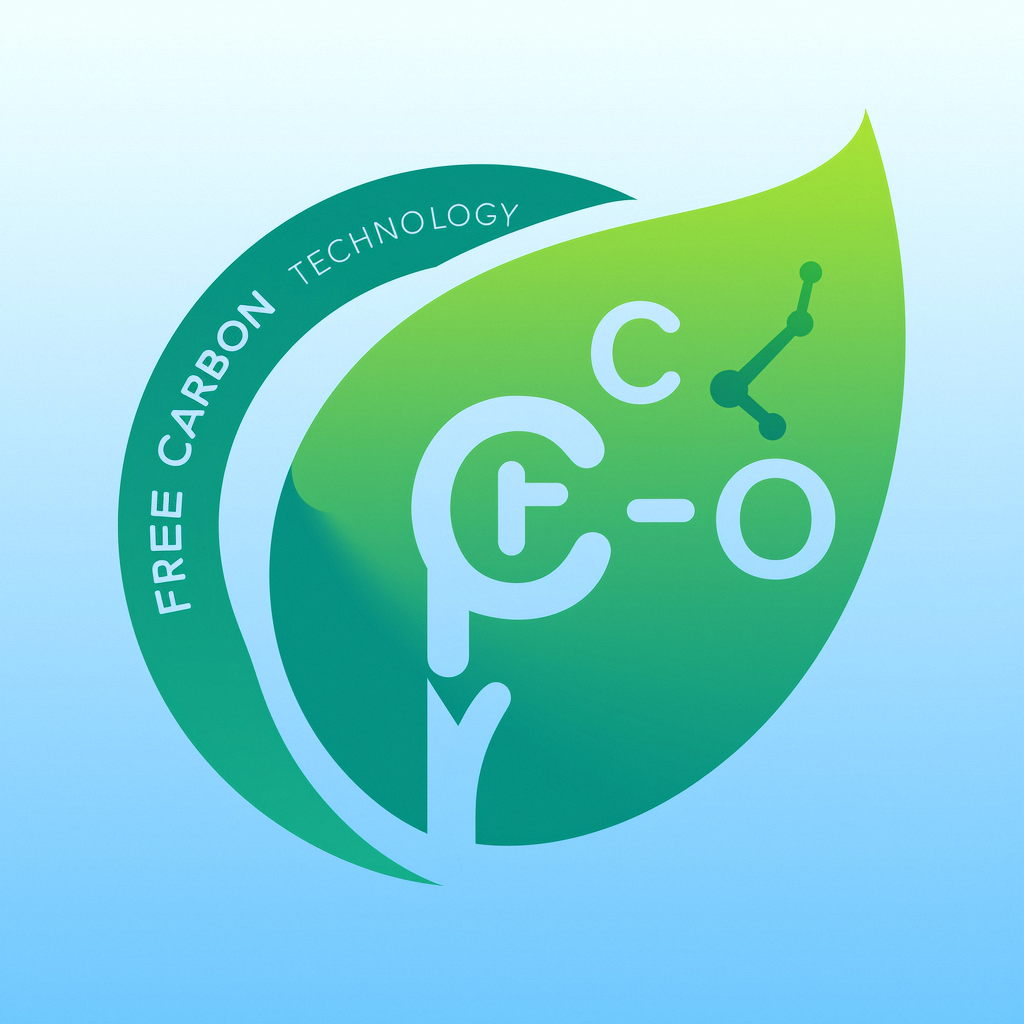Company
CLS Environmental Technologies is a cutting-edge climate tech startup focused on converting waste biomass into high-value materials such as graphene. These materials can be utilized in various industries, including building materials, construction, electronic devices, polymers, and batteries. In addition, the company has developed innovative recycling technologies that address the challenge of recycling difficult or expensive wastes.
CLS Environmental Technologies' commitment to sustainability and innovation is demonstrated by its approach to tackling environmental problems through creating value for various industries. With our pioneering expertise in waste conversion and recycling, CLS Environmental Technologies is poised to make a significant impact on the environment and the economy by offering sustainable solutions for waste management and high-value material production.
Description
CLS Environmental Technologies is a climate tech startup that converts waste biomass to high-value materials and develops innovative recycling technologies.





